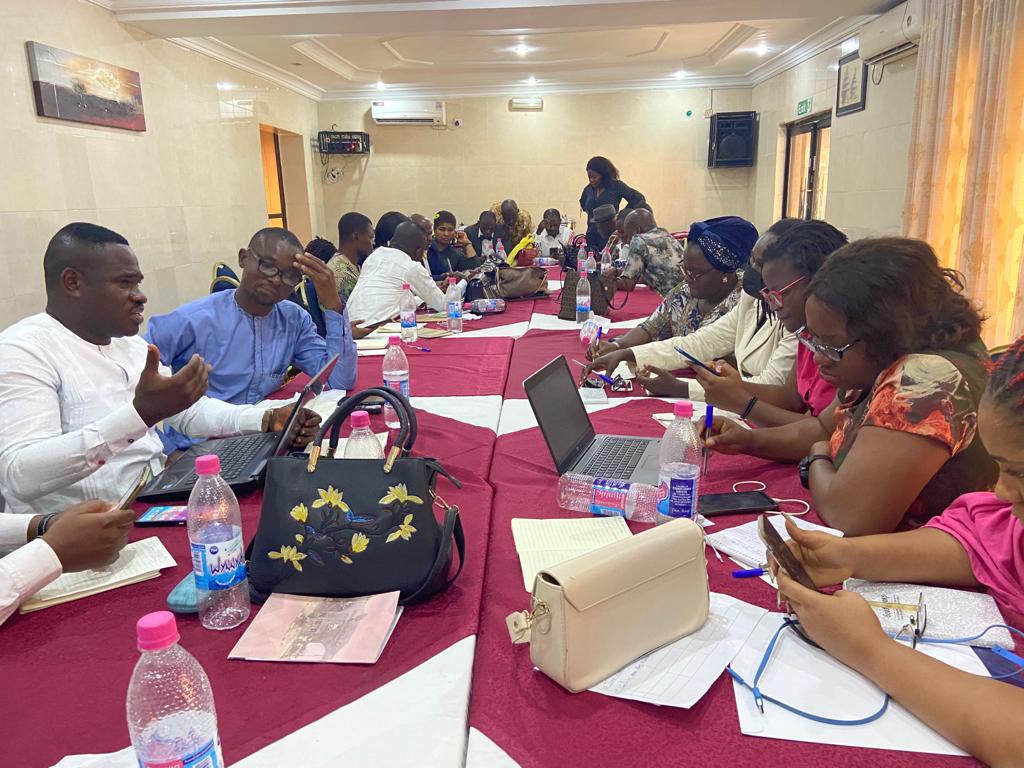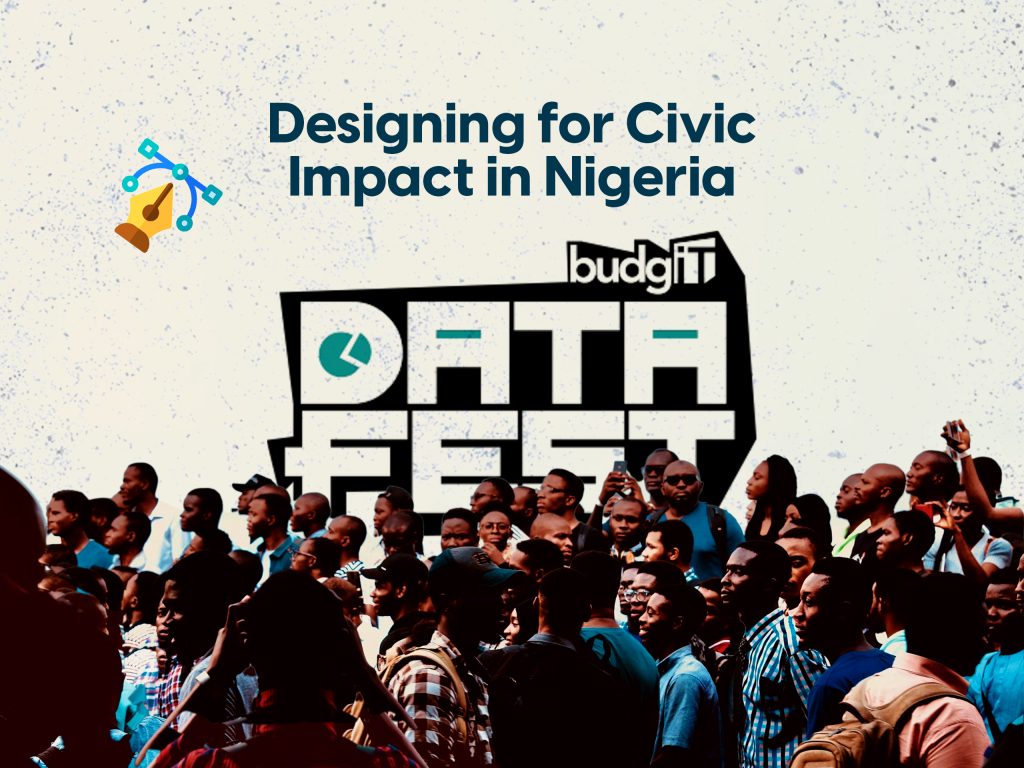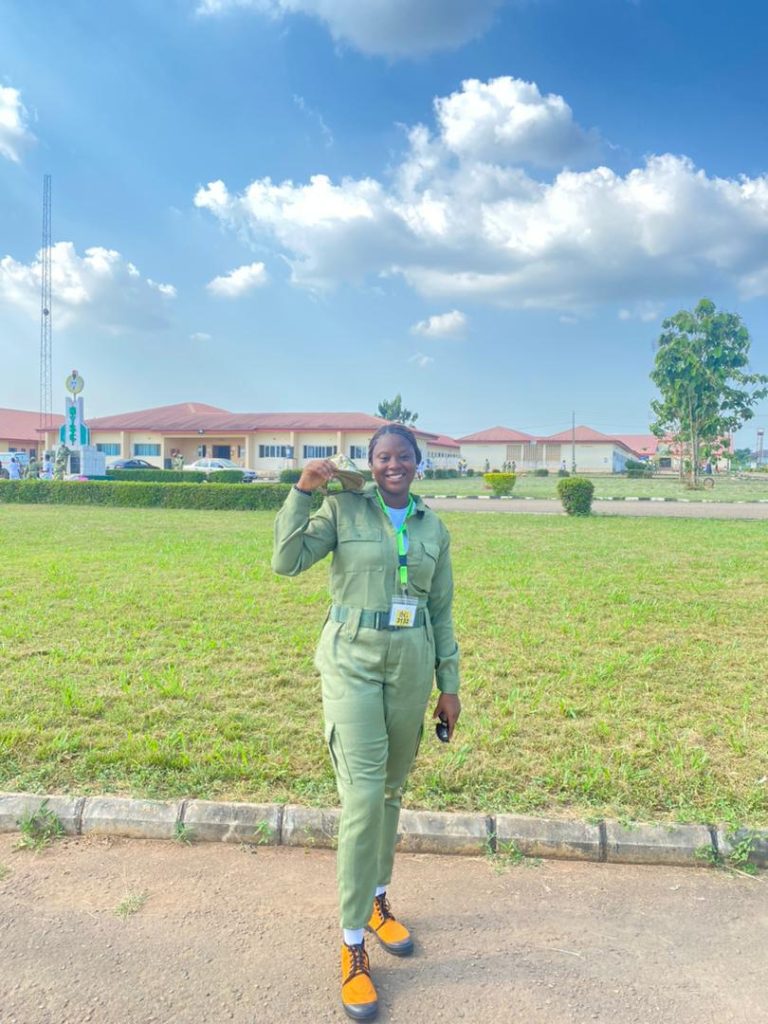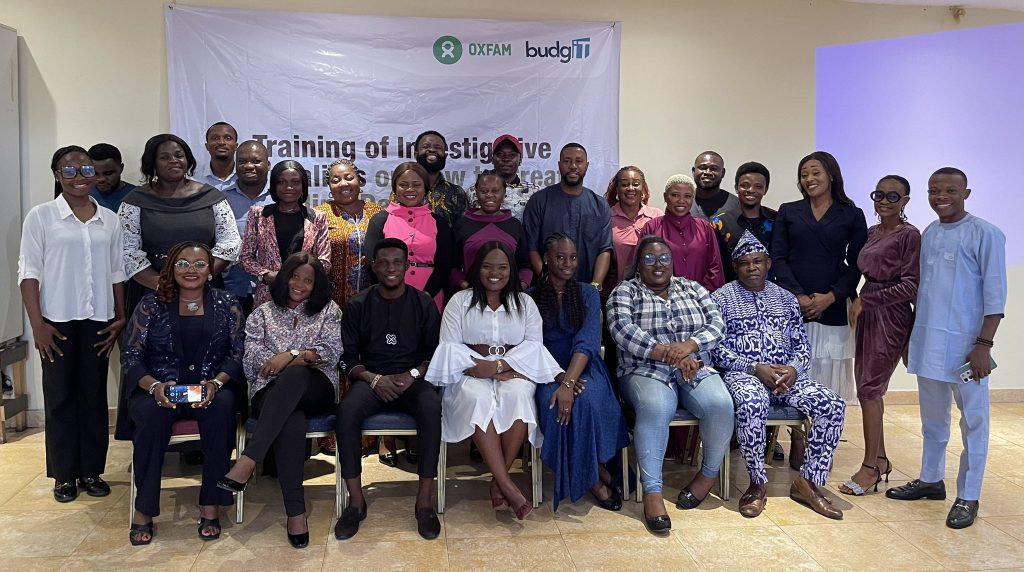On Tuesday, December 7, BudgIT with support from Oxfam Nigeria, engaged journalists in Calabar, Cross River State, in a 1-day capacity building session, on the need to follow up corrupt-rooted procurement-related cases through investigative stories. Among other objectives, the training was designed to upskill, educate and enlighten journalists on ways to contextualise corruption issues in the extractive sector and equip them with storytelling skills using extractive data, to induce improved policy reforms in the extractive industry.
The training had 30 participants across established media houses, alongside oil and gas institutions. These are journalists who have constantly worked to project developments and events in the extractive industry and are looking for innovative ways to write their stories to propel necessary actions from the citizens and government.
At first, it would seem that projecting issues in the oil and gas industry does not usually make any difference. However, Kehinde Agbaje and Iyanu Fatoba, the two facilitators from BudgIT, cited case studies of moments where journalism influenced policy reform(s) in the oil and gas industry. In Iyanu’s words, stories on oil and gas issues induce changes; however, one must learn to tell them the right way.
The workshop explored two main aspects – “Writing a compelling story”, facilitated by BudgIT’s Media and Communications Associate, Iyanu Fatoba, and “Data Analysis and Visualization” facilitated by Kehinde Agbaje, BudgIT’s Senior Creative Designer.
While giving her presentation, Iyanu Fatoba noted that there is a great need for investigative journalists in the extractive sector to beam their searchlights on corruption issues in the extractive sector as illicit fraudulent activities are greatly increasing and rarely questioned, thereby escaping public scrutiny.
Iyanuoluwa, while anchoring her session, noted that it is easy to overlook the extractive sector because research into the sector takes a lot of hard and consistent work. Also, extractive data are not always easy to understand without being simplified.
“Extractive reporting is different from mainstream journalism. The credibility of your story must be anchored on data, facts and figures. To do this, you must read related contents, publications, audited statements, corruption cases and others from verified sources.” she added
She advised that journalists have to take time to start doing investigative reporting in this industry to induce change. Citizens are only able to ask questions when someone does the job of bringing these issues to the limelight. Likewise, investigative stories like this will encourage accountability and make it difficult for illicit cases to be swept under the carpet.
She gave insights on the components of a good story and things to avoid when curating stories in the extractive sector.
During his session, BudgIT’s digital designer, Kehinde Agbaje, spoke on the importance of understanding the value of data as it helps to give specific insights into how to craft your story. He also highlighted ways data can be sourced, assessed, and understood from data sources.
“Data is only as good as the ability to understand and communicate it, which is why choosing the right visualization tool is essential. If the data is misrepresented, key insights and understanding will be lost, and this hurts both your message and reputation”. he added
Iyanu, in the 3rd session, highlighted the importance of having a good communication strategy.
“A good communications strategy helps you define your rules of engagement and it will also help you measure impact once you are done. Iyanu Said.
To further reinforce the learning objectives, the facilitators divided participants into different groups. Each group was given a case study to research, after which a nominee from the group was invited to share the group’s findings with the audience.
“Iyanu added that the citizens may not know how, what, and when to ask the right questions, therefore the journalists have a role to play in guiding them”
While identifying the media’s lack of adequate investigative reporting as another factor restricting the fight against corruption, Kehinde emphasized the need to leverage most of the organizations that have access to credible data and join forces to achieve accountability in the extractive sector.



